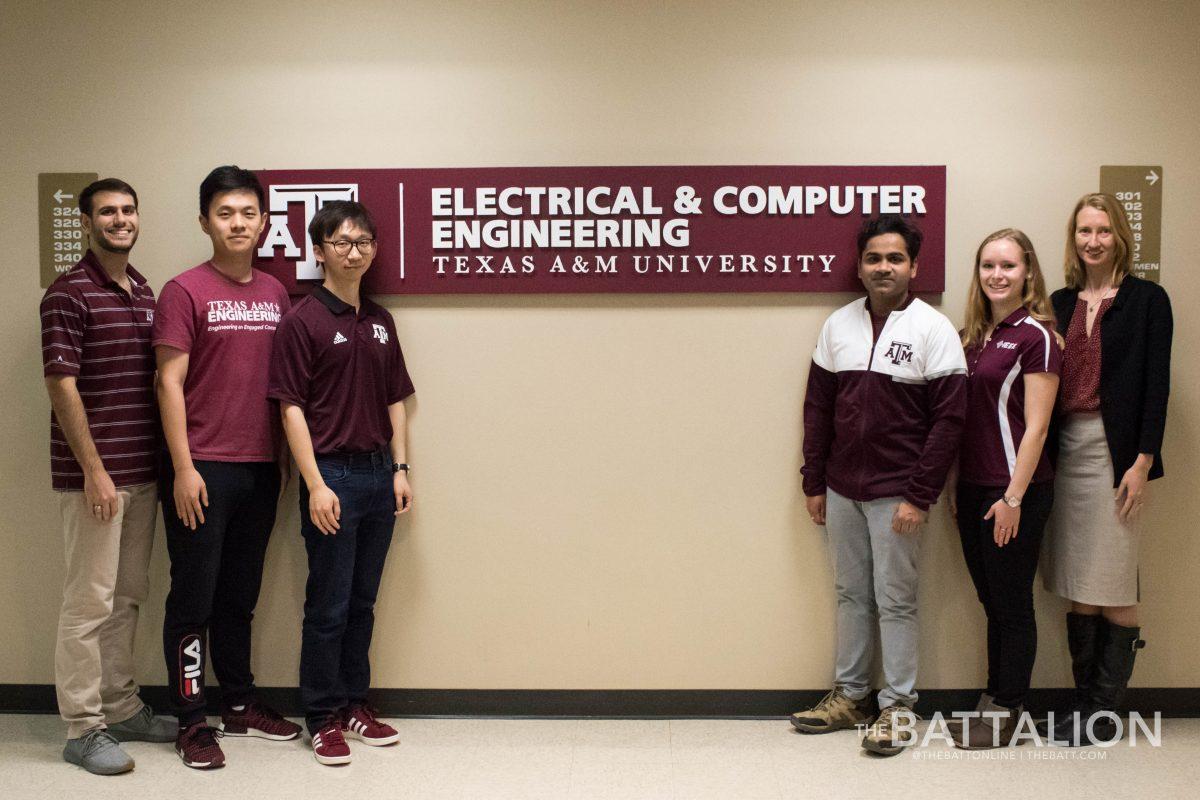This year, the U.S. Department of Energy awarded 11 teams around the nation with up to $28 million for cybersecurity improvement projects.
Kate Davis, an assistant professor in the Department of Electrical and Computer Engineering, leads a team from the Engineering Experiment Station, which will be undertaking one of the cybersecurity projects in Aggieland.
Davis is no stranger to projects involving national cybersecurity. She came to Aggieland after working on a project called CYPSA — Cyber-Physical Situational Awareness. Davis said reflecting on that experience from CYPSA launched her into what is now her biggest project yet.
“For this new project, the idea is to come up with a next-generation cyber-physical energy management system that is considering security from the ground up,” Davis said. “The CYPSA project provided a seed for that.”
Davis said her team’s primary goal is to improve cyber security and safety for energy industries in the U.S., protecting important infrastructure across the nation.
“What we really want to be doing is not just sitting in an ivory tower coming up with some cool mathematical model,” Davis said. “We really want to be doing something that’s going to have an impact in transitioning technology to industry. We’ll also be able to recommend to the user’s information about where the weak points are in their systems and what kinds of actions they might want to take.”
While this is no small pursuit for the team, Davis said the project is the opportunity of a lifetime.
“This topic is really the most important thing to me,” Davis said. “I tell some people that this is the thing that keeps me up at night. If I can’t fall asleep because I’m thinking about a problem, I’m thinking about this. It is very exciting that we actually have this opportunity to do what we think needs to be done.”
Davis shares this enthusiasm and sense of urgency with the rest of her team. Abhijeet Sahu, graduate research assistant earning a doctorate in electrical engineering, is one team member who shed light on the importance of this topic.
“We have a very big objective — there are different types of attacks that are possible, and our model will be able to detect them,” Sahu said. “We will be having a greater impact. This is something that is exciting and inspires me to work on this project.”
Sahu said he believes it is necessary for all engineers to have some background in cybersecurity.
“In any of the undergrad courses — whether it is electrical, computer science, or petroleum engineering — it is always good to have a cybersecurity course,” Sahu said.
Sahu is not the only team member concerned about the next generation of cybersecurity knowledge. Graduate research assistant and electrical engineering Ph.D. candidate Hao Huang said the work being done now will create lasting benefits for the engineers of the future.
“I think it is great for the next generation,” Hao said. “We are providing something really new to people — we can help them protect power systems, which means a lot.”
Professor tackles cybersecurity improvement project
February 14, 2019
Photo by Photo by Kaylee Cogbill
Electrical and computer engineering assistant professor Kate Davis (right) and her team were one of 11 selected from across the country selected for cyber security grants.
0
Donate to The Battalion
$2065
$5000
Contributed
Our Goal
Your donation will support the student journalists of Texas A&M University - College Station. Your contribution will allow us to purchase equipment and cover our annual website hosting costs, in addition to paying freelance staffers for their work, travel costs for coverage and more!
More to Discover










